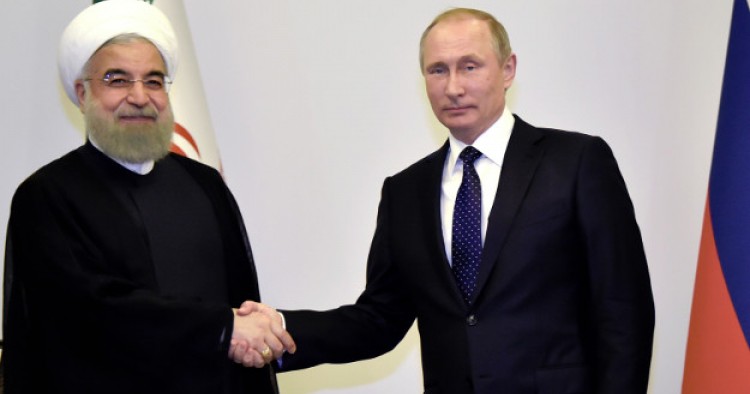A senior official of the Atomic Energy Organization of Iran (AEOI) has confirmed the shipment of five kilograms of 20 percent enriched uranium from Russia to the Iranian province of Esfahan. “During the implementation of the JCPOA [Joint Comprehensive Plan of Action, or the 2015 Iran nuclear deal] and to avoid any excuses from the opposing side, we transferred our 20 percent enriched uranium stockpiles to Russia, in addition to our five percent enriched reserves. But our 20 percent enriched material will remain secure with Russia so that it returns to our country on a case by case basis and in accordance with Iran’s needs,” AEOI’s Deputy Chief Ali Asghar Zarean told the Iranian media.
He added that according to a bilateral agreement between Tehran and Moscow, the latter will provide Iran with five-kilogram shipments of 20 percent enriched uranium to meet Iranian needs.
The news comes as AEOI’s Head Ali Akbar Salehi recently announced that Iran would have 60 percent more stockpiled uranium than it did prior to the July 2015 nuclear agreement. Iran’s Fars News Agency quoted Salehi over the weekend as saying that Iran would receive the final shipment of 149 tons of natural uranium by February 7 it had purchased from Russia, in addition to 210 tons it has already received in the past one year.
Comment: The Iranian claims reinforce concerns that the JCPOA has loopholes that will not keep Iran’s nuclear program peaceful and risk-free in the long term. Iran’s questionable import of vast amounts of natural uranium from Russia – and the latest shipment of enriched uranium – will therefore add to these worries.
Iran has not declared whether it will use the new shipment for energy purposes or will store it. But there can be no doubt that the Iranians are motivated by their desire to provoke a negative international reaction. In an interview last month with Sputnik Persian, a Russian outlet, Iranian political analyst Mojtaba Jalalzadeh said: "This [uranium agreement] is another transparent and clear message to U.S. authorities that the other signatories of the nuclear deal are not going to support Washington's unilateral sanctions anymore."
The Middle East Institute (MEI) is an independent, non-partisan, non-for-profit, educational organization. It does not engage in advocacy and its scholars’ opinions are their own. MEI welcomes financial donations, but retains sole editorial control over its work and its publications reflect only the authors’ views. For a listing of MEI donors, please click here.













